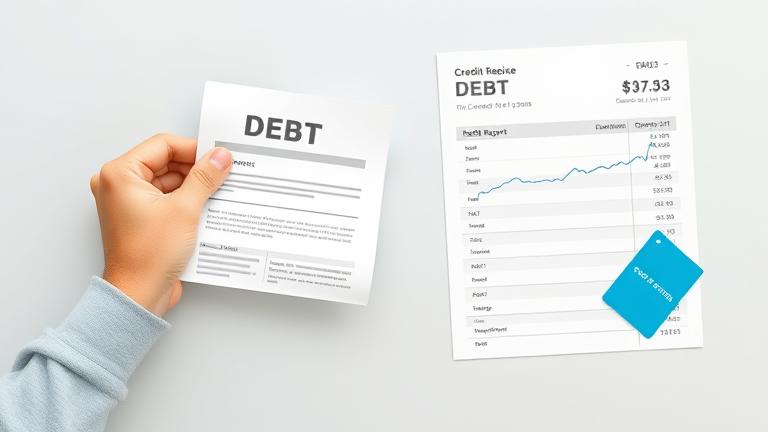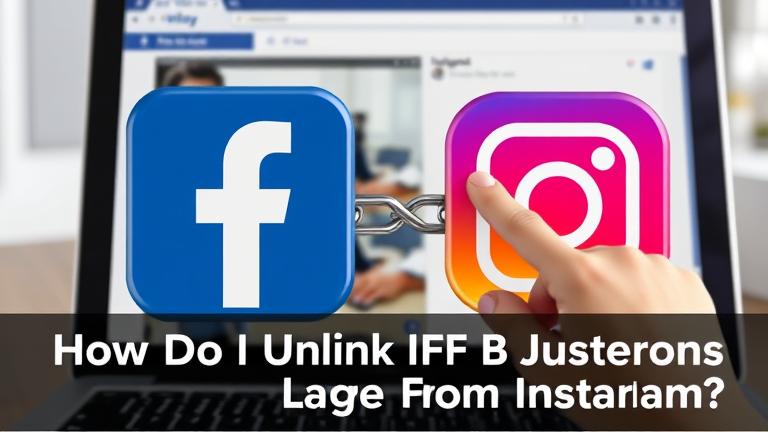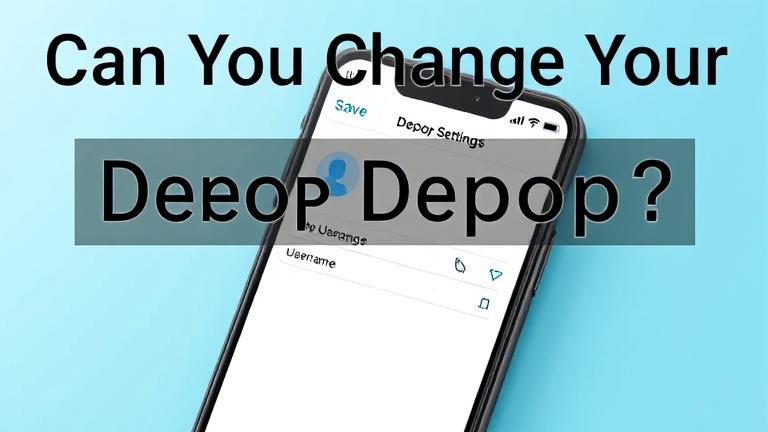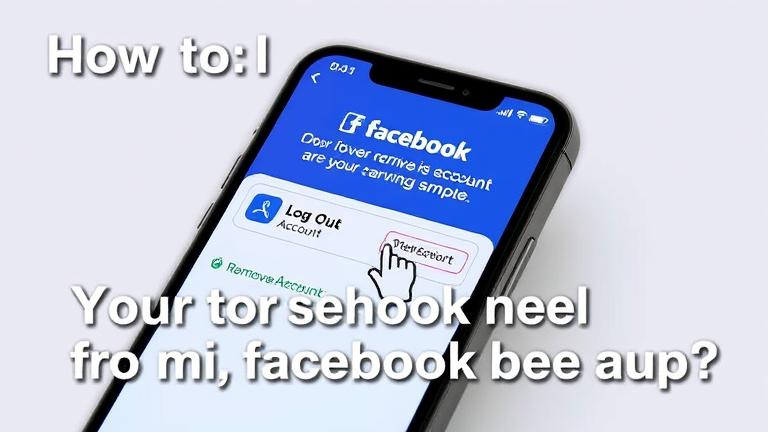Effective Strategies for Removing Charge-Offs from Your Credit Report
Charge-offs are serious negative marks on your credit report that can significantly hurt your credit score and make it difficult to obtain favorable loan terms. Fortunately, there are proven strategies to dispute and potentially remove these negative entries, helping you improve your financial standing. Let’s explore the most effective approaches to address charge-offs, supported by legal rights, procedural steps, and negotiation tactics.
Understanding Your Rights Under the Fair Credit Reporting Act (FCRA)
The foundation for challenging inaccurate or outdated charge-offs lies in the Fair Credit Reporting Act (FCRA). This federal law mandates that credit bureaus must maintain accurate, complete, and verifiable information. If a charge-off entry is incorrect, unverifiable, or outdated, consumers have the right to dispute it and request its correction or deletion.
The FCRA stipulates that credit reporting agencies are generally required to investigate disputes within 30 days. Should they find inaccuracies, they must amend or remove the erroneous information, providing an immediate improvement to your credit report. Leveraging these rights empowers consumers to actively contest negative entries like charge-offs and seek a fairer credit profile.
Step-by-Step Guide to Disputing and Correcting Charge-Offs
- Obtain Your Credit Reports: Begin by requesting free copies from all three major bureaus—Experian, TransUnion, and Equifax—via AnnualCreditReport.com. Carefully review each report to identify any inaccuracies or outdated charge-offs.
- Identify Inaccuracies: Examine account details such as dates, balances, and account status. Look for duplicate, outdated, or fraudulent entries that might be unfairly impacting your score.
- Gather Supporting Documentation: Collect evidence relevant to your dispute, like payment receipts, previous correspondence, or credit reports showing correct account information.
- Initiate Dispute Process: File disputes online through the credit bureaus’ official portals or by certified mail. Supply detailed explanations and copies of your supporting evidence. Clear and precise communication enhances the chance of a successful dispute.
- Follow Up and Track Investigations: Keep records of all communications. The credit bureaus are obligated to investigate within 30 days, contacting the creditor for verification. Upon completion, review the outcome sent by the bureau.
- Review and Confirm Changes: Once corrected or removed, obtain updated credit reports to verify that the charge-offs are accurately reflected or eliminated. This step ensures your credit file reflects a fair history.
- Monitor Regularly: Conduct periodic reviews of your credit reports to catch any future inaccuracies promptly. Consider using credit monitoring services for ongoing oversight.
In cases where disputes do not resolve the issue, consulting a professional credit repair specialist or legal expert may further aid in challenging complex or persistent charge-offs.
For more tips on improving your credit reports, visit our comprehensive credit report correction guide.
Negotiating with Creditors to Remove Charge-Offs Without Immediate Payment
While disputing inaccuracies is often the first step, sometimes you can negotiate directly with creditors to improve your credit profile without making full payments upfront. Approaching this process strategically and professionally can yield positive results.
1. Prepare Your Documentation
- Collect all relevant financial records, including account statements, payment histories, and correspondence related to the debt. This provides proof of your situation and supports your negotiation position.
- Obtain official letters from the creditor confirming the charge-off status, balances, and account details.
- Review your credit reports thoroughly to identify errors or discrepancies that might be exploited during negotiations.
2. Craft a Respectful and Clear Communication
Write a professional letter or script for phone conversations, clearly explaining your hardship and intention to resolve the debt amicably. Emphasize your desire to improve your creditworthiness, which can motivate creditors to cooperate.
During this communication, consider proposing a settlement or requesting a goodwill adjustment—especially if you’ve maintained a good payment history. Be honest about what you can afford and articulate how resolution benefits both parties.
3. Negotiation Strategies
- Settlement Offers: Offer to pay a lower lump sum if the creditor agrees to mark the account as settled or paid-in-full, which helps your credit report appear more favorable.
- Pay-for-Delete Agreements: Ask if the creditor will remove the charge-off after partial or full payment. While less common due to credit reporting policies, some creditors may agree if approached respectfully.
- Goodwill Adjustments: Request the creditor to remove the charge-off as a gesture of goodwill, particularly if you have a history of timely payments or extenuating circumstances.
4. Document and Follow Up
- Always get any agreements in writing before making payments or sharing sensitive information.
- Use certified mail or email to keep a record of all interactions.
- Follow up periodically to ensure the creditor proceeds with the agreed-upon action.
5. Seek Professional Assistance if Needed
If negotiations become complex or unproductive, consulting with a credit counselor or legal professional may provide additional leverage and guidance.
Effective communication, solid documentation, and patience significantly increase the chances of successfully resolving charge-offs without immediate payment, ultimately helping to rebuild your credit profile. For further advice, visit our debt negotiation resources.




















